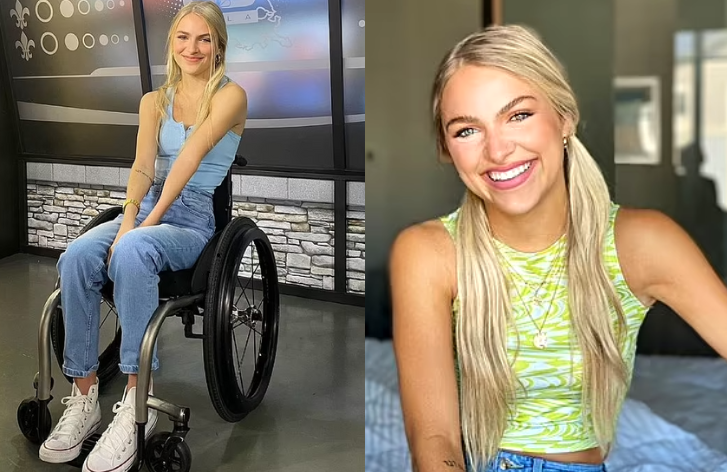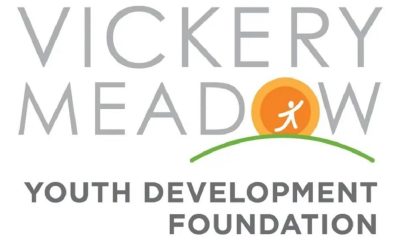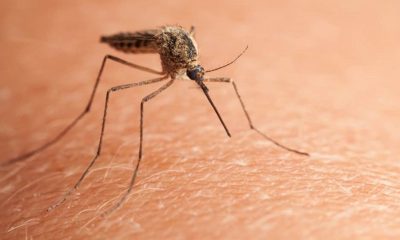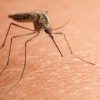Trending
‘Picture-perfect American girl’, who was left paralyzed from the neck down after suicide attempt due to depression, speaks out to raise awareness and hopes to help young folks who experience similar issues
An increasing number of Americans are experiencing mental health issues every year and this number is expected to go up, especially due to the pandemic and the lockdowns we have seen in the recent years. The National Institute of Mental Health said in 2020 that an estimated 14.8 million U.S. adults aged 18 or older had at least one major depressive episode with severe impairment in the year before. This number represented 6.0% of all U.S. adults.
What is more concerning is the fact that the number of young people, teenagers and young adults, suffering from mental health issues and depression is increasing at an alarming rate. Per the National Institute of Mental Health data released in 2020, an estimated 4.1 million adolescents aged 12 to 17 in the United States had at least one major depressive episode. This number represented 17.0% of the U.S. population aged 12 to 17. The prevalence of major depressive episode was higher among adolescent females (25.2%) compared to males (9.2%).
Depression is something that can’t be seen from the outside, and not many people who suffer from depression are ready to speak about the problems they face and, eventually, seek help. That’s why Emma Benoit, now 21 years old, decided to speak publicly about what she went through years ago, hoping that her story will help others to end the stigma around mental health issues and encourage everyone to open up a conversation about the problems they face as soon as possible.
In an exclusive interview with Today, Emma described herself as a “picture-perfect American girl” who has always had everything in her life since she was a child. However, just like many other young people, she had mental issues and struggled with depression in her teenage years. In 2017, when she was only 16, the Louisiana woman attempted suicide. She survived, but she suffered serious injuries, and she was left paralyzed from the neck down.
She started feeling anxiety when she was in elementary school. The depression came when she was in her first year of high school, and she experienced both for the next five to six years. She was discouraged from speaking with anyone about the mental health issues because she was having a hard time explaining what she was feeling. In addition, she didn’t even know anyone that she could speak about it freely and that’s why she decided to remain quiet. Emma realized that she was making a huge mistake, but it was already too late.
Thinking that she had no options left, she wanted the pain to end and she attempted suicide. Almost immediately, Emma realized that she didn’t want to die, but the damage was already done. When she woke up in the hospital, she had numerous severe physical injuries. During the long recovery, Emma experienced a series of strokes and cognitive issues due to repetitive brain blood clots. She had to learn to speak again, and she underwent exhausting occupational and physical therapy.
Years after the incident, Emma feels much better as she is now able to speak and walk. Although she regained most of her abilities, Emma still has to use a wheelchair from time to time. Additionally, the fingers on her left hand didn’t fully heal because of damaged nerves. Among all the other therapies, she also underwent therapy for her depression and anxiety. Emma now knows how to explain what she felt back then and is ready to speak about it, but she learned it the hard way.
Emma is aware that one of the biggest problems for people suffering from anxiety and depression is the lack of conversation in the community and people around them, including young people’s parents. Emma knows first-hand the hopelessness people with depression and anxiety feel, and that’s why she has become more vocal lately, aiming to help others. She has also shared some of the warning signs she saw in herself looking back, in the hopes of possibly helping others realize there is a problem before it’s too late.
“I want parents to recognize the warning signs in their children,” Emma has said. “Looking back, the biggest signal that something was wrong was when I skipped a cheerleading tryout. After a lifetime of loving the sport, I simply stopped caring. I began hanging out with new friends that I otherwise wouldn’t have befriended. I became angered easily and often felt frustrated – both huge character shifts for me.”
“I encourage parents to err on the side of caution. If their teen starts acting differently or suddenly becomes uninterested in something they once loved, ask them about it. I hope that parents start bringing up mental health and make sure their children know that if they face difficulties, they can talk to their parents. I didn’t know that mental health was something I could discuss,” she added.
To further help others, Emma is promoting her project described as “A Documentary Film That Is Spreading Hope And Fighting Suicide”.
For confidential support, call the National Suicide Prevention Line on 1-800-273-8255


















